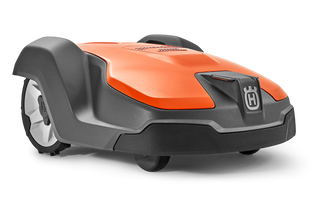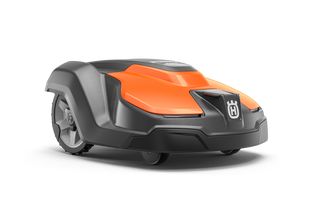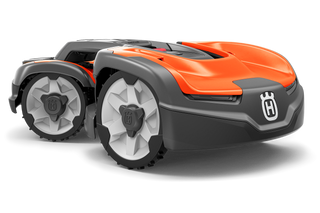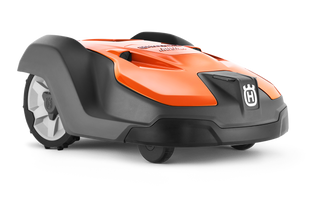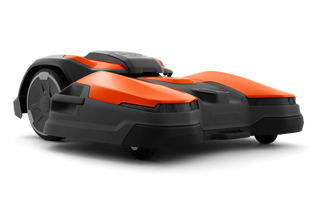Controlling your Automower® robotic lawn mower with IFTTT
With IFTTT you can automate the control of your Automower® robotic lawn mower and make your robotic lawn mower a natural and fully integrated part of your home automation system.
- New to IFTTT?
- Requirements
- Connect to IFTTT and create an applet
- Enable or disable an applet
- Remove an applet
- Change IFTTT account
- Multiple IFTTT accounts
- IFTTT limitations
- More information
New to IFTTT?
IFTTT is short for If This Then That. It is a service that lets you connect apps, services and smart home devices. Learn more about IFTTT
Requirements
To use IFTTT with your Automower® robotic lawn mower you need the following:
- A mower with Wi-Fi or mobile connectivity, or a mower with an Automower® Connect kit installed
- The Automower® Connect app
- An iOS or Android device
- An IFTTT account
Connect to IFTTT and create an applet
- Download and install the IFTTT app from Google Play or App Store.
- Open the IFTTT app and create an IFTTT account or sign in to an existing IFTTT account.
- When you have logged in to your IFTTT account, tap Create.
- Tap If This Add to start creating your IFTTT applet.

- Choose what action should trigger an activity for your Automower® robotic lawn mower. If, for example, you want your mower to park when you press a smart button, choose a trigger like Button widget.
- After choosing a trigger, you need to connect your mower to the IFTTT applet. Tap on Then That Add to define what you want to happen when the trigger is activated.

- Search for Husqvarna or Automower and tap the Husqvarna Automower® icon.
- Select an action in the list and tap Connect.
- Log in with your Automower® Connect credentials (if not already logged in).
- Read the data privacy message and tap Authorise.
- If needed, set up the conditions for the selected actions and tap Create action.
- Tap Continue, name the applet and then tap Finish.
You have now successfully connected your Automower® Connect account to IFTTT and created an applet for controlling your Automower® robotic lawn mower with IFTTT.
Enable or disable an IFTTT applet
To enable an IFTTT applet, tap the Connect slider.
To disable an IFTTT applet, tap the Connected slider.
Remove an IFTTT applet
To remove an IFTTT applet, tap the applet and select Archive.
Change IFTTT account
It is possible to change the IFTTT account connected to your Automower® Connect account. This is useful, for example, if you entered the wrong email address in the Automower® Connect app, or if a new IFTTT account was created for the Automower® Connect app but you have another IFTTT account that you use for other smart home features that you would like to use with Automower® Connect as well.
- Remove the Husqvarna Automower® service from the IFTTT account that you do not want to use for controlling your Automower® robotic lawn mower. For information on how to do this, see Disconnecting IFTTT from your Automower® Connect account .
- Open the Automower® Connect app and select Smart Home in the menu.
- Enter the email address for the IFTTT account you want to use for Automower® Connect.
The IFTTT account used with Automower® Connect is now changed.
Multiple IFTTT accounts
Having multiple IFTTT accounts connected to your Automower® Connect account is generally not a problem, as long as the IFTTT applets do not send conflicting commands to the system.
IFTTT limitations
IFTTT can be used to control your Automower® robotic lawn mower in many smart ways, but there are some limitations to what an IFTTT applet can do when the mower has the status Stopped or Parked until further notice.
Parked until further notice
If your Automower® robotic lawn mower is parked using the command Parked until further notice, it cannot be started using IFTTT.
To restart the product, use the Automower® Connect app, Google Assistant, Amazon Alexa or the display on the product (if available).
Stopped
If your Automower® robotic lawn mower is stopped using the STOP button on the mower, it cannot be started using IFTTT.
To restart the product, you need to start the product manually on-site.



















